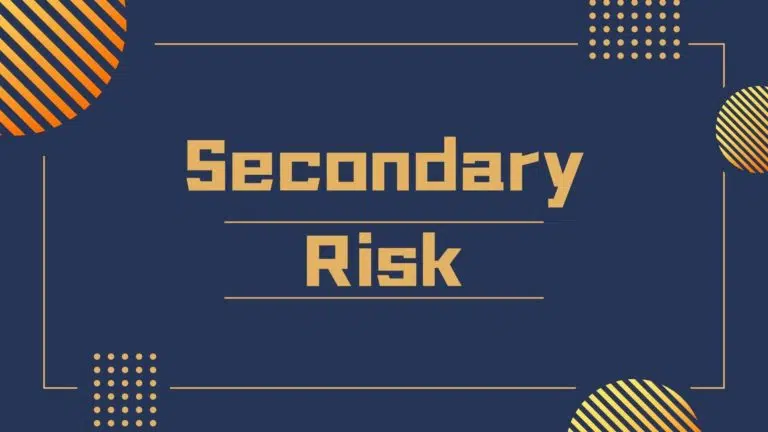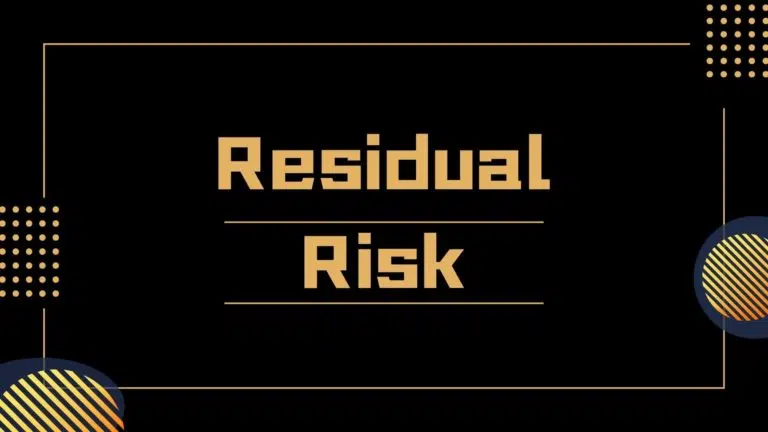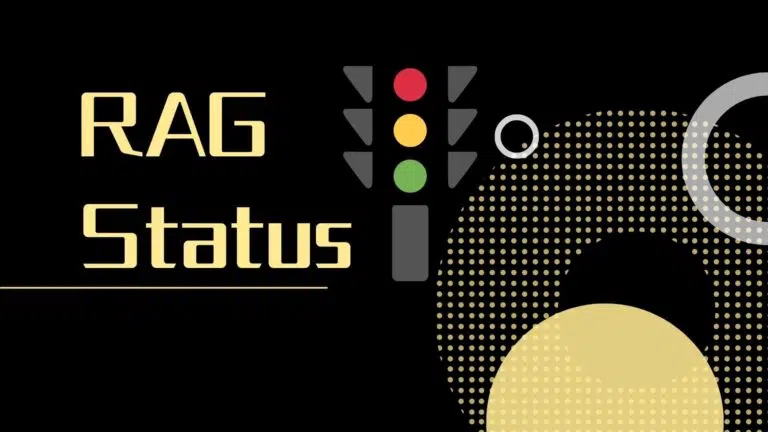Large organizations and corporations have many projects, programs, and portfolios running simultaneously, and they have a huge team of project managers managing different projects. Depending on the organizational structure, these project managers report to a higher authority, such as the program manager, portfolio manager, or PMO.
Managing project managers is challenging, but the basics are the same as managing a team.
In today’s post, I will discuss how to manage project managers.
Let’s get started.
How to Manage a Team of Project Managers
The following strategy will help you manage project managers efficiently:
- Provide Authority and Resources: Project managers must have full authority to manage the project. They must make decisions and guide team members to carry out their tasks. They should know which decisions they can make, and which will require management’s approval. For example, they cannot use management reserves without management’s approval or update project baselines without going through the change management process.
- Establish Robust Communication: Since the organization will be managing multiple projects at any moment, project managers must share the same space and other resources. The PMO must create open communication. This way, project managers can communicate the need for any resources and/or space with each other and the PMO. They must also get what they need without hassle. Additionally, open communication will solve schedule-priority issues and reduce conflicts.
- Ensure an Understanding of Common Goals: Every project has different objectives, but all these objectives are aligned with larger organizational goals. The organization must ensure that every project manager has a common vision to achieve organizational goals. Without goal alignment, project managers will not be motivated, and their teams will be directionless.
- Provide Standard Processes, Templates, and Procedures: Every project manager has a different work style, but the organization must ensure that they all follow the same processes and procedures and they use the same templates for project documentation. This will foster consistency while managing different projects. It will also simplify performance tracking and reduce conflicts.
- Monitor Performance: Upper management must track each [project and review performance reports regularly. This will ensure that the project is progressing as planned and that if it needs any help, it can receive it at the right time. Project performance must be communicated to the stakeholders so they can be updated on the project’s health and progress. The program, portfolio, or PMO should provide help and support if any project is performing poorly.
- Provide Training and Support: Often, project managers lack knowledge of new project-management methodologies used in the organization. In such cases, management must train them to use the latest software and project-management methodologies to fill their knowledge gaps. If they will be using new software or processes, then management should also receive training, so they can guide their team members accordingly.
- Define and Separate Each Project to Avoid Interference: Each project in the program or portfolio is unique and will have a different objective, but they all share the same organizational goal. Ensure that project managers know their project objectives, and teamwork is aligned with larger organizational goals. Each project should focus on its own tasks and avoid interfering with other projects. Interference is a common practice in portfolio management and must be discouraged.
Best Practices for Managing Project Managers
The following best practices will help you manage project managers:
- Use the Correct Project Management Methodologies: If you manage project managers, you will have different projects with different requirements. Ensure that every project uses the right methodology and that the assigned project manager has experience using the same methodologies.
- Encourage Knowledge Sharing: Develop an environment in which all project managers can share lessons and learn from each other’s experiences. Ask them to regularly update the project’s lessons learned documents and upload them to an organizational central repository, so everyone can access them as needed.
- Manage Conflicts and Risks: Address conflicts and risks proactively to prevent them from escalating and impacting project objectives. Encourage project managers to identify risks early and develop risk response plans. Prioritize resources so high-priority projects can get them without delay. Resolve personal conflicts collaboratively in person.
- Encourage Collaboration and Teamwork: Promote collaboration and teamwork among project managers and other team members. Encourage knowledge sharing, best-practice sharing, and cross-functional collaboration to drive better results.
Summary
Managing project managers is the key to program and portfolio success, as well as organizational growth. Set clear expectations and provide open communication to guide project managers to better performance. Proactive progress monitoring, addressing conflicts, and continuously improving processes are essential for project success. Using these best practices, you can develop a culture of excellence, innovation, and mutual support to drive successful projects and achieve long-term organizational success.

I am Mohammad Fahad Usmani, B.E. PMP, PMI-RMP. I have been blogging on project management topics since 2011. To date, thousands of professionals have passed the PMP exam using my resources.






